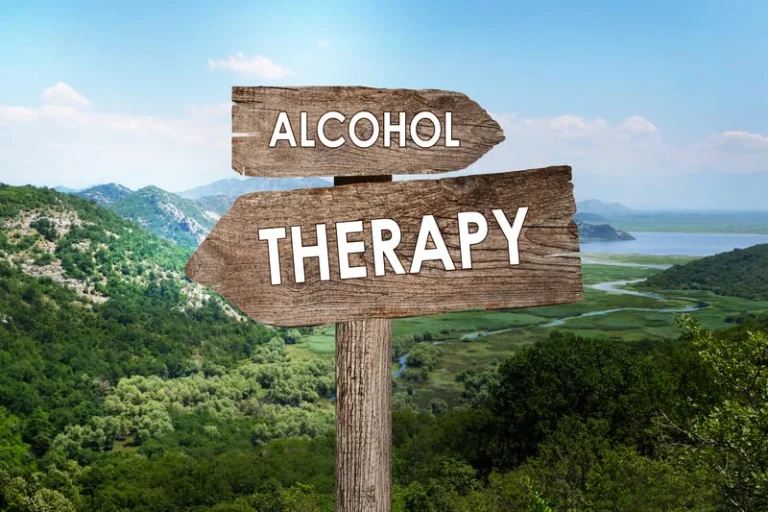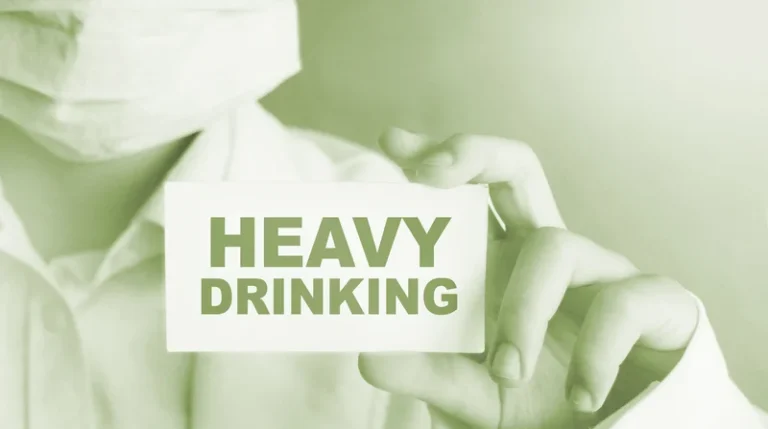
Often, the alcohol-provoked lung damage goes undetected until a second insult, such as does alcohol weaken your immune system a respiratory infection, leads to more severe lung diseases than those seen in nondrinkers. Alcohol alters the makeup of your gut microbiome — home to trillions of microorganisms performing several crucial roles for your health — and affects those microorganisms’ ability to support your immune system. It seems that drinking alcohol may also damage the immune cells that line the intestines and serve as the first line of defense against bacteria and viruses. Future prospective patient studies that account for sex, age, cultural and socioeconomic background, alcohol type, timing of administration and mechanistic animal model studies on the gut microbiome and the immune system will be critical to better understand alcohol’s role in autoimmune diseases. In turn, this knowledge will help guide the creation of specific clinical recommendations on alcohol consumption in patients with autoimmune diseases as well as help identify protective immune and gut-derived biomarkers that could be used in the treatment of autoimmune diseases independently of alcohol. What’s more, in a quick Google search, you can find tons of articles about alcohol worsening autoimmune symptoms and evidence to suggest moderate alcohol consumption might actually have a positive impact on autoimmune diseases like RA and Hashimoto’s.
Is There Any Amount of Alcohol That’s OK to Drink?

This phenomenon was not observed in a TLR4 mutant mouse, indicating that the acute phase response is mediated by TLR4 (Pruett and Pruett 2006). Male rats on a liquid diet with 35% of calories coming from ethanol also showed enhanced mRNA half-life and protein expression of LPS-induced TNF-α by increasing TNF-α in liver monocytes/macrophages (Kishore, McMullen et al. 2001). Ethanol modulates the function of monocytes, immature innate immune cells that circulate in the blood until recruited into tissues, in a dose and time dependent manner. Monocytes express Toll-like receptor (TLR) 4, which is the PRR responsible for recognizing the endotoxin LPS on the surface of Gram negative bacteria. Upon LPS binding, monocytes become activated, mature into macrophages and migrate into tissues where they respond to infection by secreting various cytokines, recruiting additional leukocytes via production of chemokines and presenting pathogen-derived peptides to T cells to activate them. Often, investigators stimulate with LPS after pre-exposure to ethanol to mimic inflammation observed in trauma patients with high blood alcohol levels and explore the alterations in immunity that lead to frequent subsequent infections among this group.
- Supplements like glutathione, for example, may help alleviate symptoms of autoimmune disease.
- The damage is irreversible because scar tissues build up and replace the liver’s regenerative cells, preventing the organ from healing.
- Increased levels of CCL11, a potent chemokine for IgE-producing eosinophils, may be compensating the reduced IgE levels (Helms, Messaoudi et al. 2012).
Heart health

ADH is present in the cytosol whereas CYP2E1 is present predominantly in microsomes. Both enzymes convert alcohol to acetaldehyde, which is further metabolized to acetate by acetaldehyde dehydrogenase (ALDH) in the mitochondria. Acetate is then released into the blood where it is oxidized to carbon dioxide in the heart, skeletal muscle, and brain (Zakhari 2006). The Microsetta Initiative studies human microbiomes, analyzing diverse data to reveal links between microbes, diet, and health for improved public health.
Effects of alcohol on adaptive immunity
The most significant change was in glucocorticoid receptor (GR) signaling, which is known to down-regulate immune activity and inflammation by down-regulating NFκB (Pelaia, Vatrella et al. 2003). Indeed, NFκB was down-regulated in the alcohol group compared with the control group (Joosten, van Erk et al. 2012). The observed decrease in expression of NFκB is in line with earlier studies examining decreased pro-inflammatory cytokine production with moderate alcohol consumption. In contrast, level of anti-inflammatory protein adiponectin increased (Joosten, van Erk et al. 2012). Similarly, plasma adiponectin concentration was increased after 28 days of daily consumption of 450mL of red wine compared with dealcoholized red wine amongst 34 men, in the absence of changes in subcutaneous and abdominal fat contents as well as body weight (Beulens, van Beers et al. 2006). In summary, several in vitro and in vivo studies demonstrate that ethanol modulates the function of innate immune cells (monocytes and DCs) in a dose and time dependent manner (Figure 1).
If you use alcohol, try to keep it to one drink a day for women and two drinks for men. In addition to pneumonia, alcohol consumption has been linked to pulmonary diseases, including tuberculosis, respiratory syncytial virus, and ARDS. Alcohol disrupts ciliary function in the upper airways, impairs the function of immune cells (i.e., alveolar macrophages and neutrophils), and weakens the barrier function of the epithelia in the lower airways (see the article by Simet and Sisson).

Alcohol consumption also damages epithelial cells, T cells, and neutrophils in the GI system, disrupting gut barrier function and facilitating leakage of microbes into the circulation (see the article by Hammer and colleagues). Alcohol also impacts the function of immune cells of the central nervous system (CNS), particularly astrocytes and microglia. Astrocytes are major glial cells that regulate neuronal function and CNS homeostasis.
- Alcohol also influences the functions of the lymphoid tissue and alter the activation, secretion, and functions of crucial immune cells called lymphocytes.
- In addition, the magnitude of antibody response following vaccination with Hepatitis B is lower in alcoholics compared to controls (Nalpas, Thepot et al. 1993).
- This is when the body produces an army of antibodies specific to the incoming threat.
- Dependent drinkers with a higher tolerance to alcohol can often drink much more without experiencing any noticeable effects.
- People can develop a lung abscess when bacteria from the throat or mouth enter the lungs and create a pus-filled cavity surrounded by swollen tissue.
Excessive sugar intake, particularly through sugar-sweetened beverages, may negatively affect the body and contribute to a weakened immune system. Take our short alcohol quiz to learn where you fall on the drinking spectrum and if you might benefit from quitting or cutting back on alcohol. Like many people, you may still want to enjoy alcohol without compromising your immune system. In fact, with the emergence of COVID-19 (along with other recent respiratory illnesses), the term “compromised immune system” has become all too common over the past few years. With each alcohol withdrawal episode, the brain and nervous system becomes more sensitised and the resulting side effects become more pronounced.
Can You Drink When You’re Sick?
And while you want to consider limiting the foods included on this list, don’t worry too much about the occasional dessert, salty snack or glass of wine. This information is based on the assumption that you have a normal tolerance to alcohol. Before you decide whether to pour a glass, it’s worth understanding how alcohol influences the immune system — as well as taking the time to reflect on your https://ecosoberhouse.com/ own relationship with alcohol. Alcohol does affect your ability to stay healthy, but that’s also dependent on how much you’re drinking. Stopping alcohol use can significantly improve your health, boost your immune system and protect your body from serious infections and viruses.

Deja tu comentario